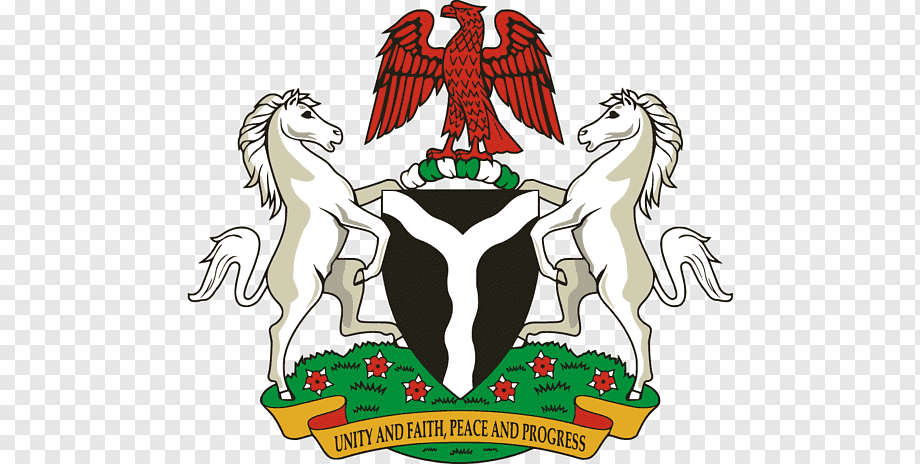News
FG launches hazard risk analysis for disaster preparedness, mitigation

as Shettima assures FG’s goal is to protect citizens from ecological risks
The federal government has launched the 2024 Hazard Risk Countrywide Analysis aimed at strengthening disaster preparedness and mitigation efforts across the country.
Vice President Kashim Shettima, speaking during the launch event on Thursday in Abuja, called for enhanced collaboration among stakeholders to address Nigeria’s vulnerabilities to disasters and climate change as well as building a safer and more resilient Nigeria.
According to a statement issued by his media aide, Stanley Nkwocha, the VP reaffirmed the federal government’s commitment to safeguarding lives and livelihoods from ecological and other risks.
He said, “This launch is a testament to our resolve as a nation to confront the uncertainties of our ecological realities with informed strategies. We are committed to protecting citizens from ecological risks while building the infrastructure and mechanisms necessary for disaster prevention and response.”
The report, developed under the leadership of the National Emergency Management Agency (NEMA) with technical support from UNICEF, offers a detailed analysis of Nigeria’s vulnerability to hazards such as floods, droughts, and public health emergencies.
It provides policymakers, emergency responders, and community leaders with critical data to improve early warning systems and enhance risk mitigation strategies.
Noting that the nation cannot prepare for risks it does not know, Shettima said the document provides the foundation for understanding the magnitude of the challenges facing Nigeria, empowering government “to move from reactive to proactive strategies in addressing disasters.”
He noted recent challenges in Nigeria, including devastating floods and outbreaks of diseases like cholera, which have displaced thousands and claimed lives, just as he explained that these recurring disasters bring to the fore the urgency of robust preparedness mechanisms.
“While we may not prevent every disaster, we can reduce their impact significantly by institutionalizing risk assessment and continuously monitoring hazards and vulnerabilities. This analysis is not just a tool—it is a lifeline for building community resilience,”he said.
The Vice President commended NEMA, development partners, and other stakeholders for their dedication in producing the report, describing it as a landmark achievement that reflects the administration’s focus on proactive governance.
“This is not the conclusion of our efforts; it is the beginning of a new chapter. We must now work together to use this report as a springboard for policies and actions that will make Nigeria more resilient against future risks,” he added.
He also expressed gratitude to international partners, including UN agencies and NGOs, for their contributions to the nation’s disaster preparedness and response initiatives.
“Protecting lives and property is a collective responsibility, and this launch symbolizes the unity of purpose that we need to build a safer Nigeria,” Shettima concluded.
Earlier in his remarks, Deputy Speaker of the House of Representatives, Benjamin Kalu, said the launch of the report was timely.
He reaffirmed the commitment of the House of Representatives to leveraging the findings of the report to make legislations that will impact crisis management and disaster mitigation.
Kalu identified three key areas of the National Assembly’s legislative support for disaster management to include strengthening of early warning systems; funding for risk mitigation and community-centered interventions aimed at building grassroots capacity for disaster mitigation.
In his goodwill message, Chairman of Senate Committee on Special Duties, Kaka Lawan, congratulated the National Emergency Management Agency (NEMA) and other stakeholders on the successful launch of the report.
He said the launch of the report is a giant stride and a step in the right direction, pledging the support of the Senate to the actualization of the mandate of the National Emergency Management Agency (NEMA) and other related agencies in the country, especially in enhancing the preparedness of the country to disasters and crises.
In her remarks, the Director General of NEMA, Zubaida Umar, said the launch of the 2024 Countrywide Risk Analysis for Nigeria marked a milestone in stakeholders’ collective effort to enhance disaster preparedness and response.
She said the document will serve as a vital tool to support the development and review of Nigeria’s preparedness plans and related frameworks which will position the foundation for a safer and more resilient country.
Umar said preparedness is the cornerstone of disaster management and a shared responsibility to ensure that all actors respond swiftly and efficiently to emergencies when they occur.
On her part, the UNICEF Country Representative, Cristian Munduate, said the report provides a countrywide mapping of occurrences such as flash flooding, conflict and disease outbreaks, among others, across the country.
She said the 2024 Countrywide Risk Analysis for Nigeria aligns with President Tinubu’s Renewed Hope Agenda, especially in building a disaster-resilient nation and caring for the welfare of vulnerable groups.
DailySun

